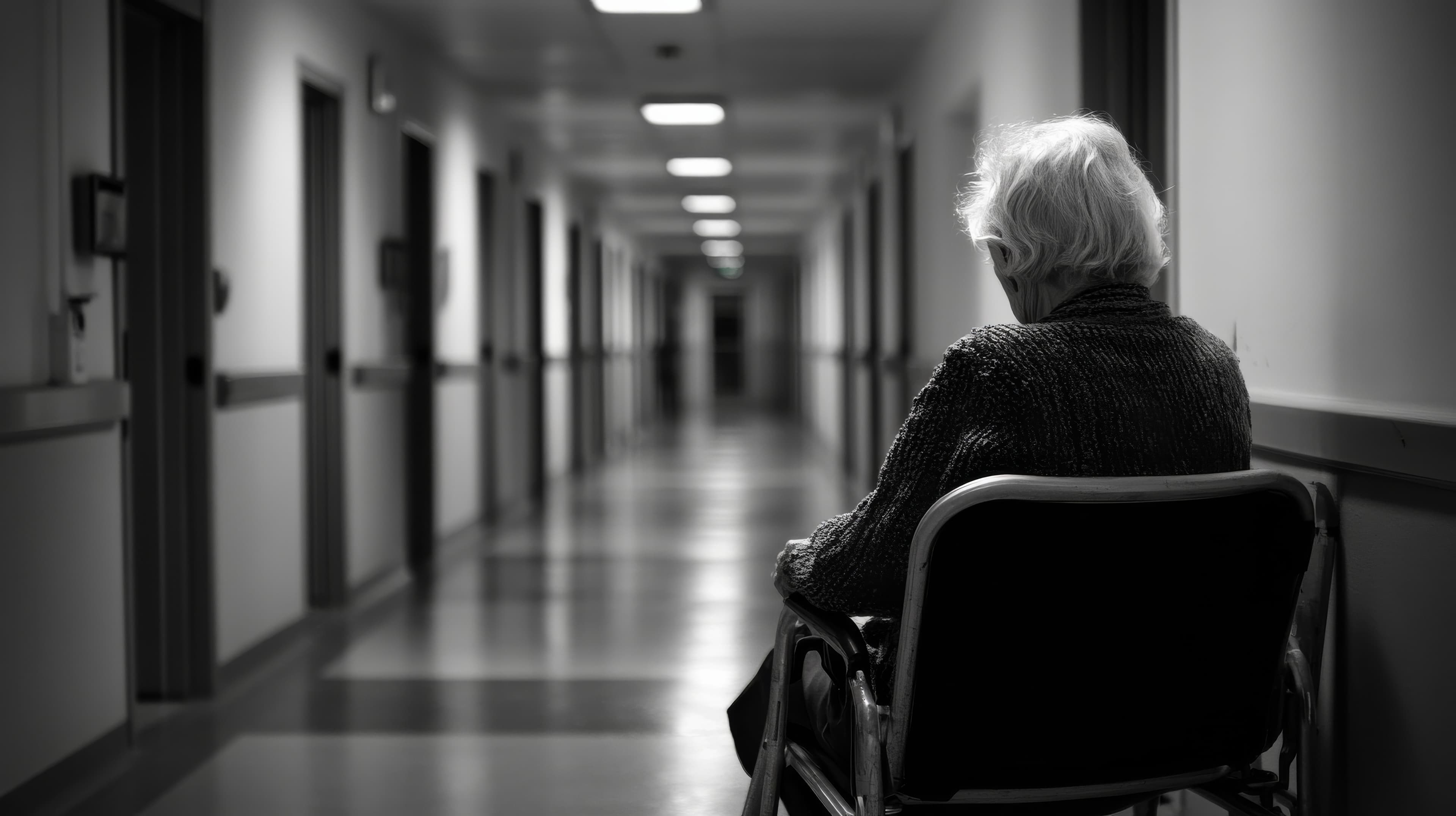
Nursing home abuse and neglect put vulnerable residents at serious risk, leading to malnutrition, dehydration, infections, and preventable injuries. When facilities fail to provide adequate care, residents suffer, and families are left feeling helpless. Lack of supervision, improper medical treatment, and unsafe conditions can result in devastating harm. Understanding the warning signs, knowing your legal rights, and holding negligent facilities accountable are crucial steps in protecting your loved ones. Learn how to take action and seek justice.
September 22, 2025
3 min
Nursing homes are meant to provide safety, care, and dignity for elderly residents. Unfortunately, some facilities take shortcuts that put vulnerable seniors at risk. One of the most troubling practices is the use of chemical restraints—medications that are given not to treat a medical condition, but to control a resident’s behavior or make them easier to manage.
While medication can be an essential part of healthcare, overuse or misuse of sedatives strips seniors of their independence, increases health risks, and may even shorten their lives. Families often notice their loved ones becoming unusually drowsy, disengaged, or “not themselves,” only to later learn that unnecessary drugs were behind these changes.
This article explores what chemical restraints are, why they are used in nursing homes, the dangers they pose, and how families can take action to protect their loved ones.
A chemical restraint refers to the use of medication—often antipsychotics, sedatives, or other psychotropic drugs—for the purpose of limiting a person’s movement or behavior, rather than to treat a diagnosed medical condition.
For example:
When prescribed correctly and with medical necessity, these medications can be valuable. But when used solely for staff convenience or cost-cutting, they cross the line into abuse.
Unfortunately, several systemic issues in long-term care facilities contribute to the overuse of chemical restraints:
In short, chemical restraints are often a shortcut at the expense of senior dignity and safety.
Overmedication in elderly populations is not just an ethical concern—it is a direct threat to health and survival.
Physical risks include:
Cognitive and emotional harm includes:
Most concerning, studies show that unnecessary use of antipsychotics in dementia patients can significantly increase mortality risk.
Fortunately, the law recognizes the danger of unnecessary sedation. Both federal and state regulations provide important protections for nursing home residents.
When a facility violates these rules, it can face fines, sanctions, and civil liability.
Families are often the first to notice when something is wrong. Be on the lookout for these red flags:
Trust your instincts—if your loved one seems “different” after entering a nursing home, overmedication may be the cause.
Advocating for a loved one in a nursing home can feel intimidating, but families have more power than they realize. Steps you can take include:
Being proactive not only protects your loved one but may also prevent other residents from suffering the same mistreatment.
When a nursing home uses chemical restraints improperly, it is not just a violation of trust—it may be grounds for legal action. Families may pursue:
Taking action is not only about justice for one resident—it is about stopping a dangerous practice that affects countless seniors across the country.
Seniors deserve compassionate, attentive care—not to be silenced with unnecessary drugs. Medication overuse and chemical restraints rob elderly residents of their dignity, independence, and health. Families must remain vigilant, ask questions, and demand accountability when facilities put convenience over proper care.
If you suspect your loved one has been subjected to chemical restraints in a nursing home, you do not have to fight alone. Michael Hill is dedicated to protecting the rights of elderly residents and holding negligent facilities accountable.